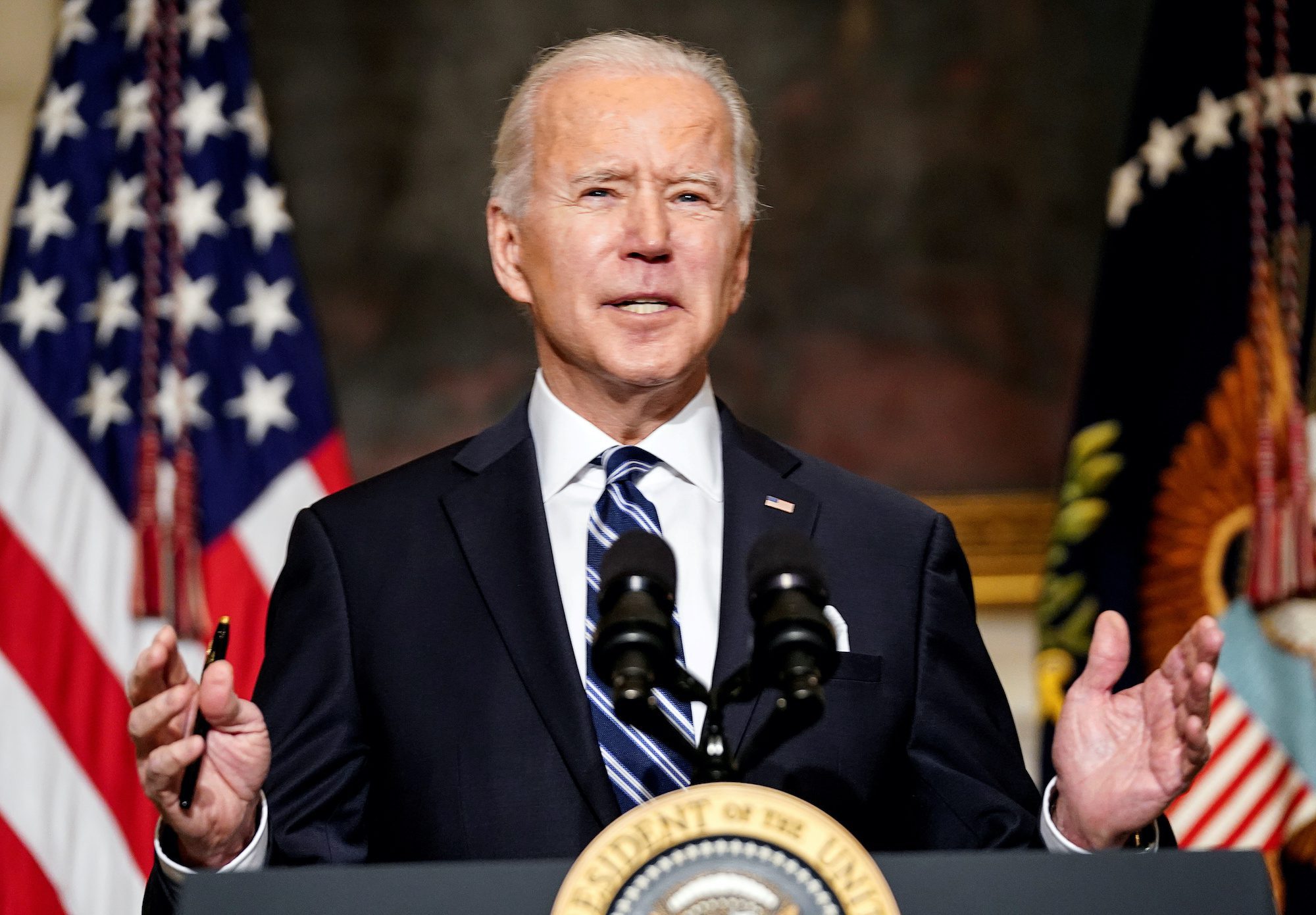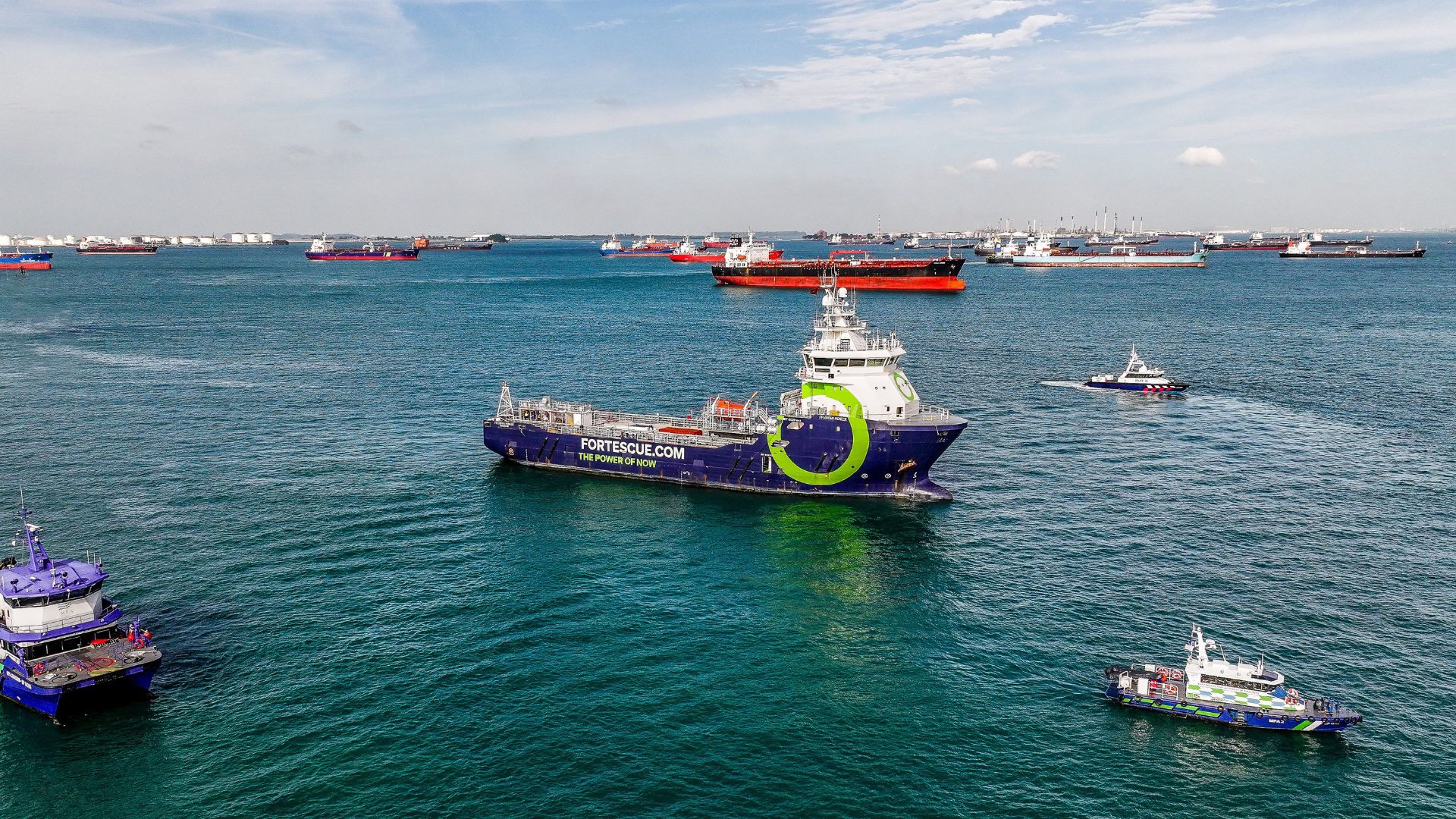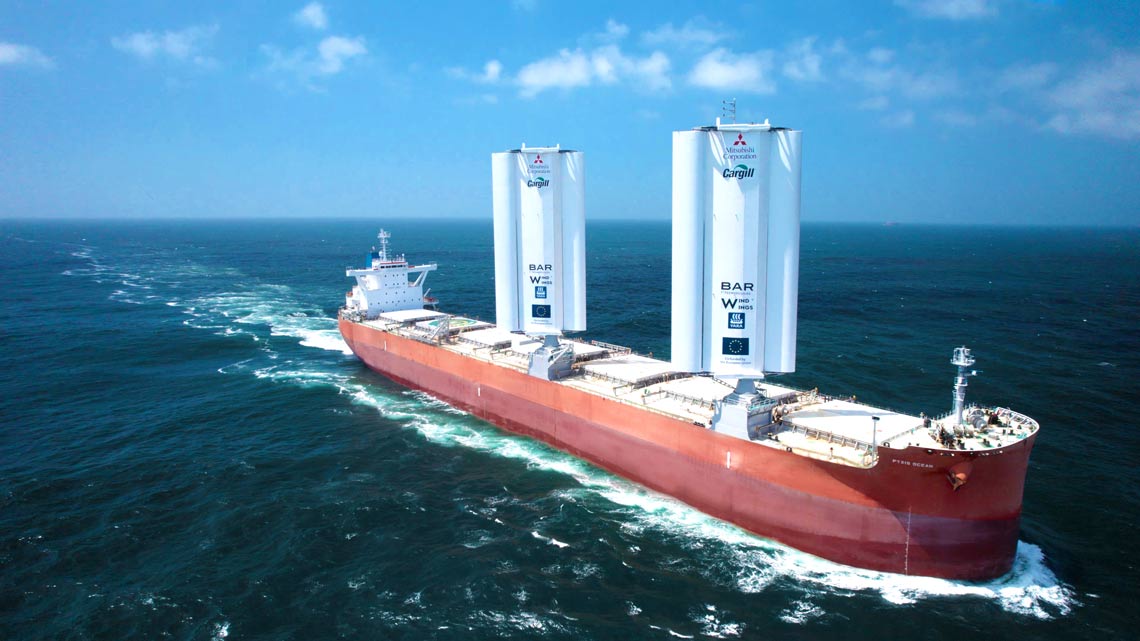Several of the world’s major shipping organizations are calling on world leaders to urgently examine the role of so-called market-based measures (MBMs) to ensure ambitious decarbonization targets are met across the entire global shipping industry.
The call comes ahead of President Biden’s Leaders’ Summit on Climate (set for April 22-23), seen as a vital precursor to COP26 and the IMO’s Marine Environment Protection Committee (MEPC).
Shipping bodies including BIMCO, Cruise Lines International Association, International Chamber of Shipping, World Shipping Council, along with other industry groups, have submitted a proposal to the International Maritime Organization (IMO) calling for the UN’s maritime regulatory body to bring forward discussions around MBMs by several years. These measures will be critical to incentives the transition of the global fleet to new fuels and technologies, which will be more expensive than those in use today, according to the groups.
Market-based measures are essentially a tax or some other financial or market instrument typically used in relation to achieving carbon or climate goals.
“MBMs put a price on CO2 emissions to provide an economic incentive for a sector to reduce its emissions by narrowing the price gap between fossil fuels and zero-carbon fuels,” the ICS said in a press release on the proposal. “Shipping leaders believe that now is the time for the IMO member states to consider the role of MBMs so that measures can be developed and implemented to facilitate the adoption of zero-carbon technologies and commercially viable zero-carbon ships.”
The shipping organizations have previously proposed a $5 billion research and development fund to help accelerate zero-carbon fuels and technologies within the shipping industry, which has been gaining steam as of late. The fund would be managed by an IMO-supervised non-governmental organization known as the “International Maritime Research and Development Board” and funded through a “International Maritime Research Fund (IMRF)” of a mandatory $2 per metric of marine fuel consumed by every ship.
Reducing greenhouse gas emissions from shipping is viewed as critical to achieving ambitious targets to combat climate change. A 2018 study showed the shipping industry accounted for 2.89% of the world’s total carbon emissions, a slight rise from the previous 2012 study.
“Fair and equitable MBMs are a viable policy option to transition to the new fuels and technologies that will be necessary to phase-out GHG emissions in the sector,” the shipping organizations said in a joint statement. “We’re joining with industry colleagues to urge the UN and national governments to prioritise discussion on MBMs to make sure that shipping remains on course to meet vital decarbonisation goals.”
“The decarbonisation of international shipping will depend on out-of-sector stakeholders developing market-available zero-carbon technologies and fuels and the maritime sector will need the technologies to use these. The urgency of the challenge requires leadership and a properly coordinated approach to catalyse and incentivise the transition to zero-emissions sector,” the shipping groups added.
The United States on Tuesday said it would join the shipping industry’s effort to achieve net zero carbon emissions by 2050.
In 2018, the IMO adopted an initial strategy seeking to reduce total annual GHG emissions from international shipping by a minimum of 50% by 2050, compared to 2008 levels. The initial strategy is set to be finalized in 2023.
Related: U.S. to Join Effort to Decarbonize Global Shipping
Editorial Standards · Corrections · About gCaptain

 Join The Club
Join The Club











